Top 5 Health Benefits of Kefir
Kefir, a traditional diet in many cultures throughout the world, has grown in popularity among those interested in natural health. It is high in minerals and ... read more...probiotics and is excellent for digestion and gut health. Indeed, many individuals believe it is more nutritious than yogurt. Here are the best kefir health benefits backed up by research.
-
Kefir is believed to have originated in portions of Eastern Europe and Southwest Asia. It gets its name from the Turkish word "keyif", which means "feeling well after eating". This is a fermented beverage produced traditionally using cow's or goat's milk. It is prepared by combining milk with kefir grains. These are not cereal grains, but rather grain-like colonies of yeast and lactic acid bacteria that look like cauliflower.
The bacteria in the kefir grains proliferate and ferment the carbohydrates in the milk for around 24 hours, converting it to kefir. The grains are then taken from the liquid and can be reused. In other words, kefir is the beverage, but kefir grains are the starter culture required to make it. Lactic acid bacteria in the grains convert lactose in milk to lactic acid. This is what gives kefir its sour flavor, similar to yogurt, but with a thinner consistency. A 1 cup serving of low-fat kefir contains:
- Protein: 9 grams
- Calcium: 24% of the daily value (DV)
- Phosphorus: 20% of the DV
- Vitamin B12: 29% of the DV
- Riboflavin (B2): 25% of the DV
- Magnesium: 7% of the DV
- Vitamin D: 12% of the DV
Furthermore, depending on the type of milk used, kefir has approximately 104 calories, 11.6 grams of carbohydrates, and 2-3 grams of fat. Kefir also includes numerous bioactive substances, such as organic acids and peptides, which contribute to its health advantages. Kefir without dairy can be produced with coconut water, coconut milk, or other sweet liquids. These will lack the nutrient profile of dairy-based kefir.
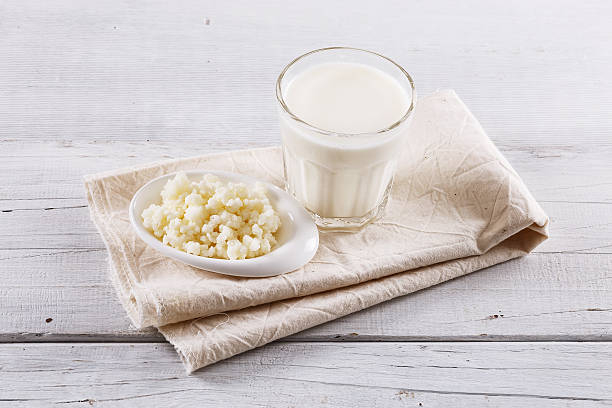
A fantastic source of many nutrients 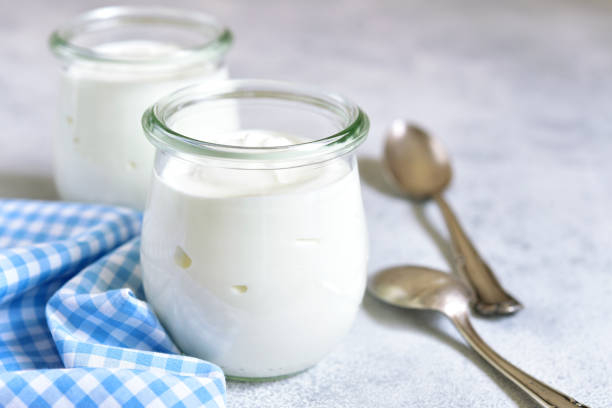
A fantastic source of many nutrients -
Osteoporosis is characterized by bone tissue degeneration and is a prominent concern in Western countries. It is particularly common in older women and significantly increases the risk of fractures. One of the most effective strategies to improve bone health and halt the onset of osteoporosis is to consume enough calcium.
Full-fat kefir contains not just calcium but also vitamin K2, which is essential for calcium metabolism. K2 supplementation has been demonstrated to lessen your risk of fractures by up to 81%. Kefir has been linked to enhanced calcium absorption in bone cells in animal studies. This results in increased bone density, which should aid in the prevention of fractures.
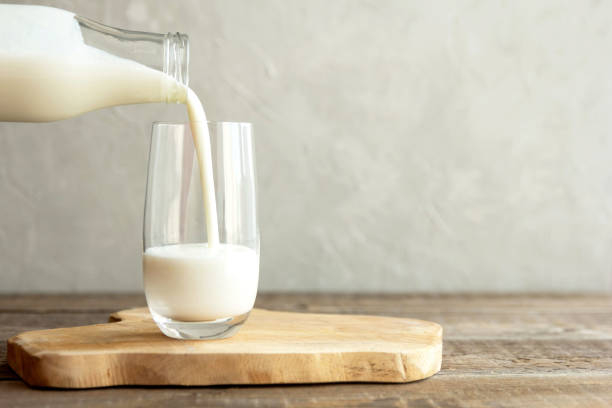
can improve bone health and lower the risk of osteoporosis 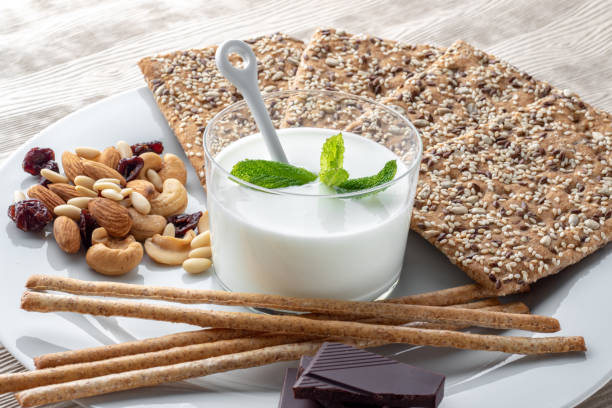
can improve bone health and lower the risk of osteoporosis -
Cancer is one of the top causes of death worldwide. It happens when your body's aberrant cells grow uncontrollably, such as in a tumor. Probiotics found in fermented dairy products are thought to inhibit tumor growth by boosting your immune system. As a result, it is possible that kefir can help fight cancer.
Several test-tube experiments have demonstrated this protective role. According to one study, kefir extract reduced the number of human breast cancer cells by 56%, while yogurt extract only reduced the number by 14%. Remember that human research is required before reaching definitive results.
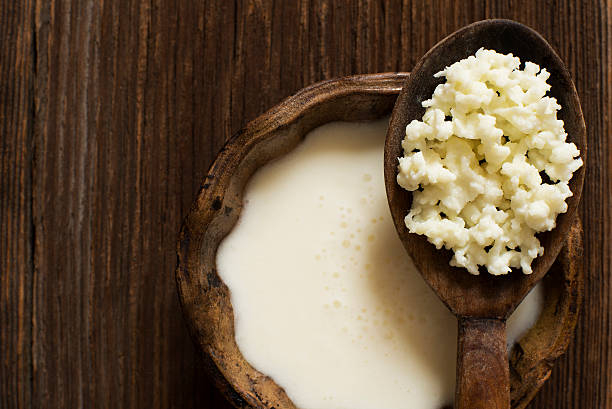
May be protective against cancer 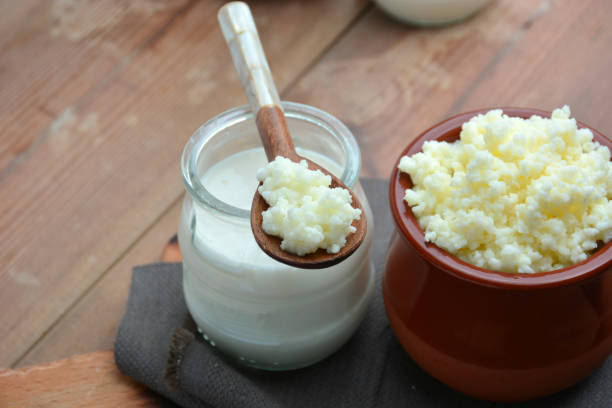
May be protective against cancer -
Lactose is a natural sugar found in dairy products. Many people, particularly adults, are unable to adequately break down and digest lactose. Lactose intolerance is the medical term for this condition. Lactic acid bacteria in fermented dairy foods, such as kefir and yogurt, convert lactose to lactic acid, making these meals substantially lower in lactose than milk.
They also include enzymes that can aid in the further breakdown of lactose. As a result, when compared to ordinary milk, kefir is often well accepted by persons with lactose sensitivity. Remember that you can prepare lactose-free kefir by using coconut water, fruit juice, or another non-dairy beverage.
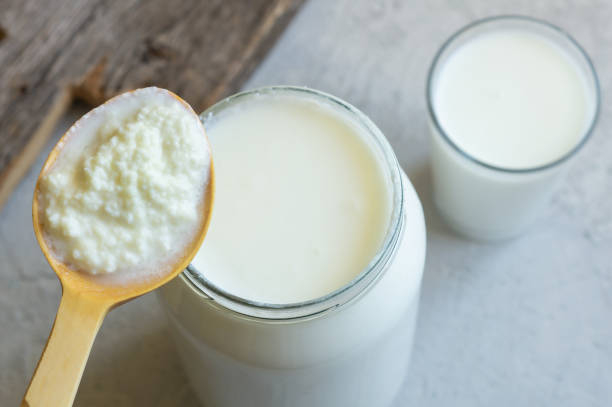
Low in lactose 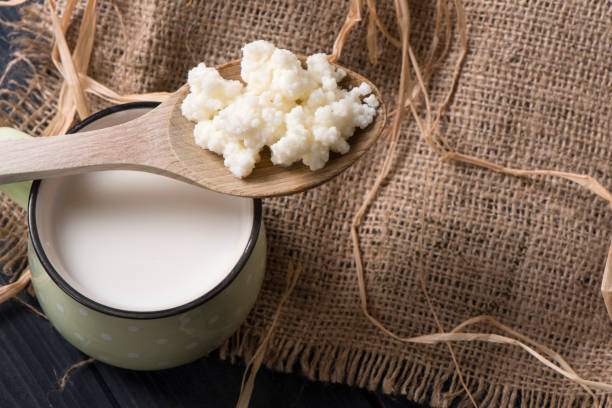
Low in lactose -
When consumed, some microbes can be good for one's health. Probiotics are microorganisms that may benefit health in a variety of ways, including digestion, weight control, and mental wellness. Although yogurt is the most well-known probiotic meal in the Western diet, kefir is a considerably more effective source. Kefir grains can contain up to 61 different types of bacteria and yeasts, making them an extremely rich and diverse probiotic source, though this diversity varies. Other fermented dairy products include no yeasts and are manufactured from significantly fewer strains.
Kefir contains probiotics that are thought to defend against illnesses. This includes the kefir-specific probiotic Lactobacillus kefiri. This probiotic has been shown in studies to suppress the growth of a variety of dangerous bacteria, including Salmonella, Helicobacter pylori, and E. coli. Kefiran, a type of carbohydrate found in kefir, is also antimicrobial.
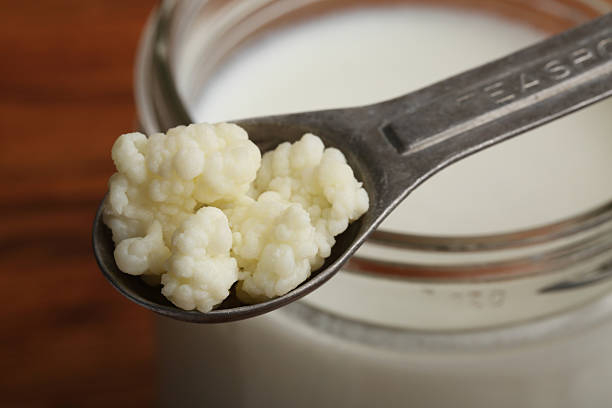
Powerful probiotic 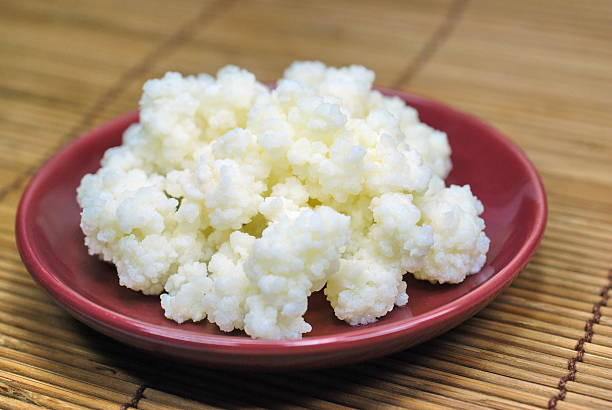
Powerful probiotic


























